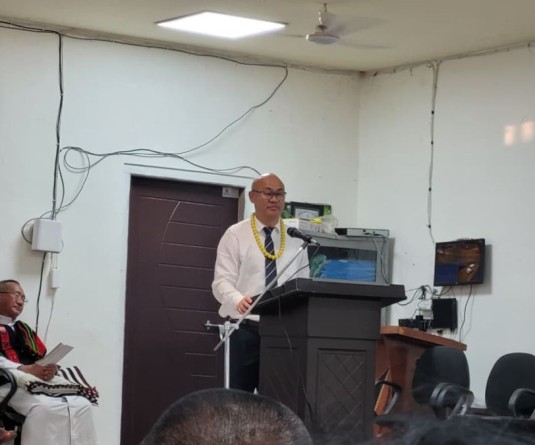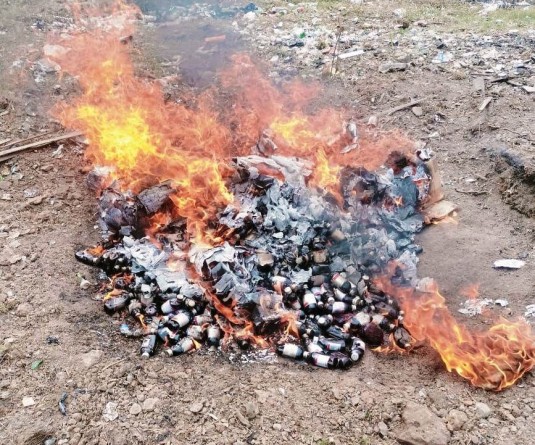
Kohima, March 4 (MExN): The ongoing teacher rationalisation and transfer process in Nagaland emerged as a key point of discussion during the Motion of Thanks to the Governor's Address at the sixth session of the 14th Nagaland Legislative Assembly (NLA) on March 4.
Addressing those issues, Advisor for School Education, Dr Kekhrielhoulie Yhome, explained the rationale behind the exercise, stating that schools in the state have been categorised into A, B, C, and D based on student enrolment, with Category D schools having zero enrolment.
According to Dr Yhome, teacher rationalisation follows a simple mathematical approach, wherein surplus teachers from under-enrolled schools are transferred to institutions facing shortages.
As per the State DIPR, while acknowledging the necessity of winning public trust and encouraging students to return to government schools, Dr Yhome noted that the absence of an accurate census complicates the effective implementation of rationalisation.
He informed the House that teacher recruitment is underway through the Nagaland Public Service Commission (NPSC) and expressed hope that newly appointed teachers would bring more accountability and impact to the system.
Regarding recent teacher transfers, Dr Yhome clarified that they were conducted in light of school closures, requests from legislators, and health-related issues of teachers, while ensuring compliance with regulations. He stressed that quality education in rural areas would only be possible if students returned to these government schools.
Further, Dr Yhome emphasised the need to revive the excellence associated with the Commonwealth education system, citing successful government schools in countries like New Zealand. He also highlighted the introduction of the SMILE App, designed to digitally monitor teachers’ attendance, which he said would bring significant improvements.
Earlier, the rationalisation process faced criticism from Advisor for IPR, Soil & Water Conservation, Imkong L Imchen, who voiced strong opposition to the current approach.
He argued that the mass transfer and redeployment of teachers was disrupting the education system rather than strengthening it.
Imchen further expressed concern over the transfer of subject teachers along with their posts, describing it as a serious issue that required collective attention.
He also acknowledged the state's adoption of innovative flagship programmes but pointed out the challenges in strictly adhering to policies and guidelines due to the state's unique geopolitical realities.






